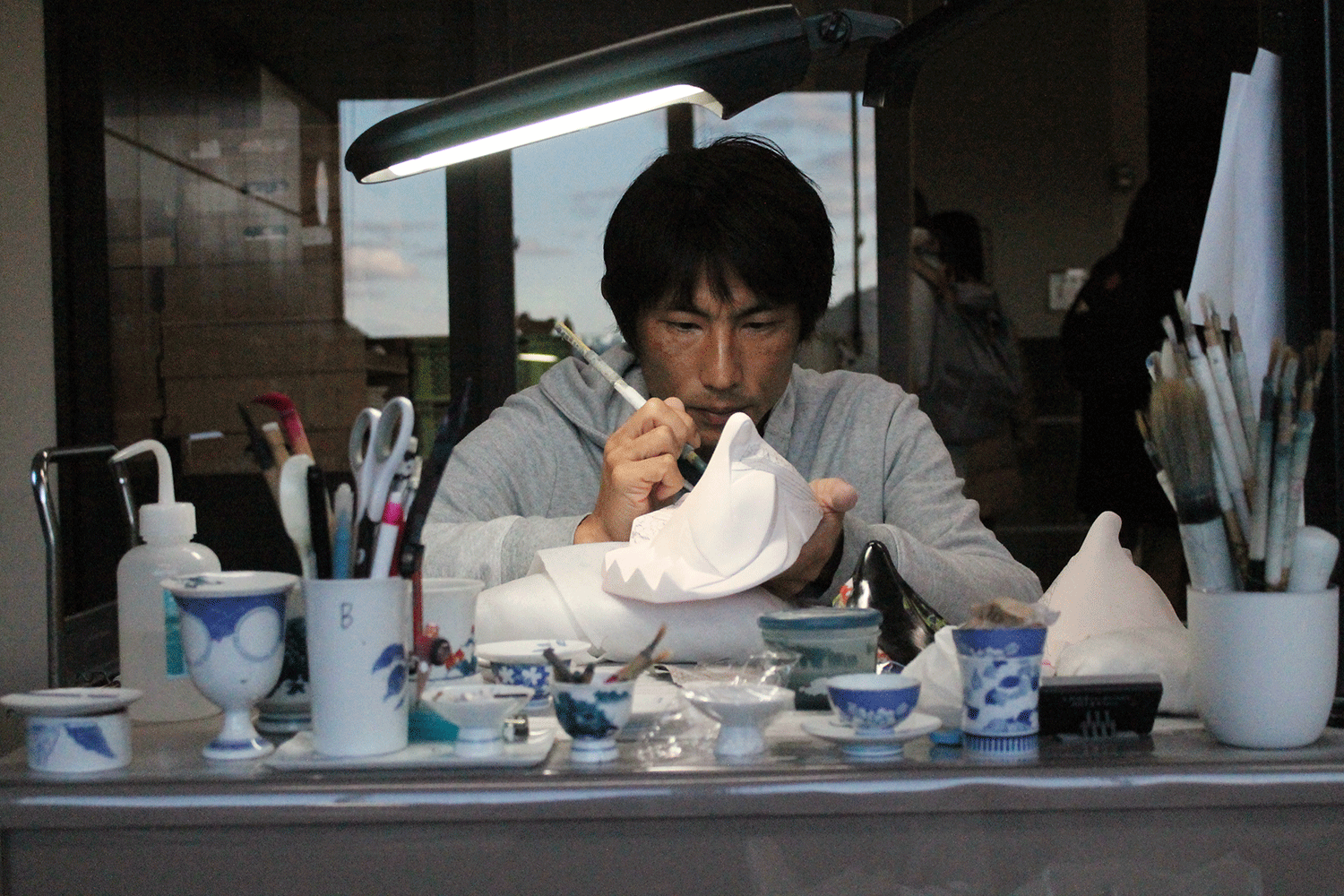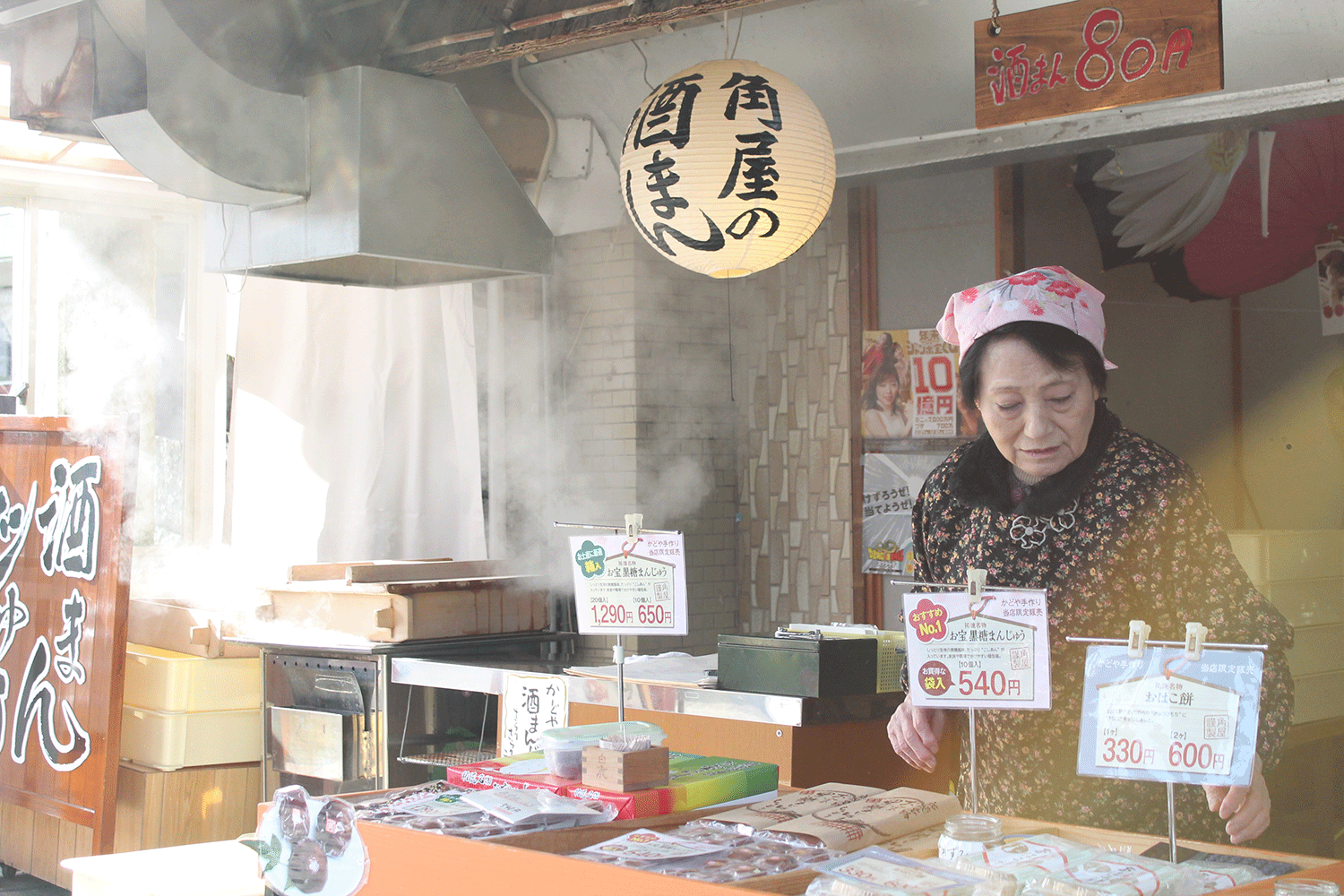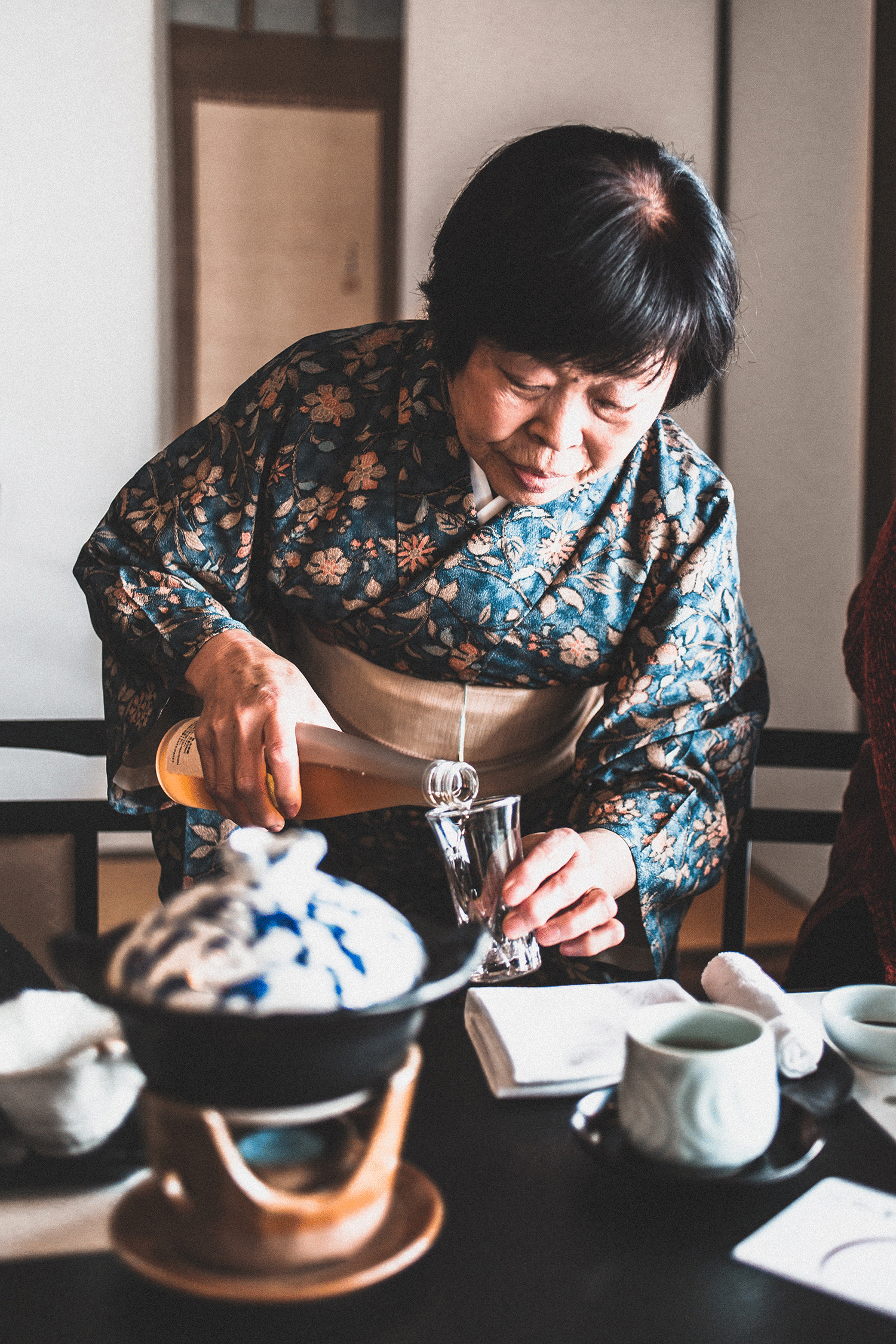Why Kyushu is the hottest destination in Japan right now
Steeped in history, humbleness and a rich cultural heritage – as well as more than its fair share of Insta-worthy cherry blossom trees – Japan is a country that features high on most people’s bucket list. But beyond Tokyo’s blinding neon lights and Kyoto’s serene imperial palaces lies the southwestern region of Kyushu – a relatively undiscovered zen-filled gem off the well-beaten tourist track. Here, scene-stealing landscapes meet ancient crafts and a vibrant foodie scene. Explore before the in-crowd cottons on, writes Nicola Moyne
Steeped in history, humbleness and a rich cultural heritage – as well as more than its fair share of Insta-worthy cherry blossom trees – Japan is a country that features high on most people’s bucket list. But beyond Tokyo’s blinding neon lights and Kyoto’s serene imperial palaces lies the southwestern region of Kyushu – a relatively undiscovered zen-filled gem off the well-beaten tourist track. Here, scene-stealing landscapes meet ancient crafts and a vibrant foodie scene. Explore before the in-crowd cottons on, writes Nicola Moyne
What to see in Kyushu?
A traditionally designed fortress once home to the Kyushu Ogasawara clan, Karatsu Castle dates back to 1602 and still offers visitors the chance to try on traditional Samurai warrior armour. Now a cultural hotspot, the museum housed inside gives an overview of 17th century Japan – as well as a particularly well-stocked earthenware shop that sells pottery designs typical of the era. Spoiler: you’ll be needing a spare suitcase for the return flight.
For a scenic take, head to Yanagawa’s Kawakudari River Kanko for a charming donko-bune boat tour. Winding through the overarching cherry blossom branches and the bustling waterways circling Yanagawa Castle, this gondola-style tour complete with green tea and blankets passes the old castle’s Watergate while your sendo boatman sings calming folk songs once popular with Japan’s fishing communities.
And don’t miss the chance to be trussed in a traditional Japanese kimono at Saruku, Yutoku. Breathing in is essential, but once you’ve picked your beautifully embellished kimono and been sewed in (don’t worry – it will only feel like you’ve been sewed in) by a pro, you can visit the majestic Yutoku Inari Shrine to take part in prayers like a local. Just be sure to have some coins and a camera to hand – the short walk up to the shrine is spectacular, especially in April, when the wisteria and cherry blossoms bloom.

Where to stay in Kyushu?
Forget your Queen-size mattress and White Company sheets. In Japan, minimalism is King and the best hotels and guesthouses offer traditional tatami rooms and courtyard views. For the most authentic stay – and to pick up more A-grade earthenware from world-renowned potter Takashi Nakazato – book yourself into Ryokan Yoyokaku in the district of Karatsu. A former Samurai residence, this family-run guesthouse is the epitome of Japanese chic, featuring deep, wooden furos (traditional baths for soaking in) and beautifully crafted sliding shoji screens.
For something a little more contemporary, try design hotel Agora in Fukuoka. Here, signature rooms also feature tatami flooring, but the traditional is fused with modern interiors and a Beatles soundtrack. Think blush velvet sofas, a sunken leather-clad library and heavenly spa treatments for zen-like tranquility.

What to eat in Kyushu?
If you like seafood, you’ll love Kyushu, which serves up everything from freshly caught sea cucumber to sweet soy glazed eel. Fukuoka city-based Sagano’s fresh flavours have earned it three Michelin stars and it is widely regarded as one of the most premium dining spots in town. Our tip? Hit the taster menu and sample the Saga beef and katsuo and kombu soup with top-quality sake – the texture mash-ups alone will transform your taste buds.
Celebrity news, beauty, fashion advice, and fascinating features, delivered straight to your inbox!
For a seat with the in-crowd, book yourself into nearby Toriden. This buzzy restaurant serves up local speciality, mizutaki – otherwise known as chicken meatballs cooked in a mouthwatering chicken broth soup. The broth, cosmopolitan atmosphere, and design details makes this a must-visit for an insight into modern Japan.
But don’t even think about leaving the region until you’ve tried its anti-oxidant green tea, which is practically compulsory in Kyushu. Head to Yame – the top tea growing area in Japan – to sip the very best matcha at Konomien, Konomi Honke. Here, you’ll see the leaves be mixed and served in a traditional tea ceremony before being let loose in the 17th-centruy tea shop.

When to go to Kyushu?
Kyushu comes into its own between March and May when the picture-perfect cherry blossom and wisteria trees bloom. However, there are also a number of colour-filled events that take place throughout the year, including Saga’s international (hot-air) Balloon Fiesta, which takes to the skies at the beginning of November.
Book now
For details on flights, accommodation, cultural events and everything in between, visit Welcomekyushu.com
Photographs by Clothilde Redon (Clothilderedon.com) and Nicola Moyne